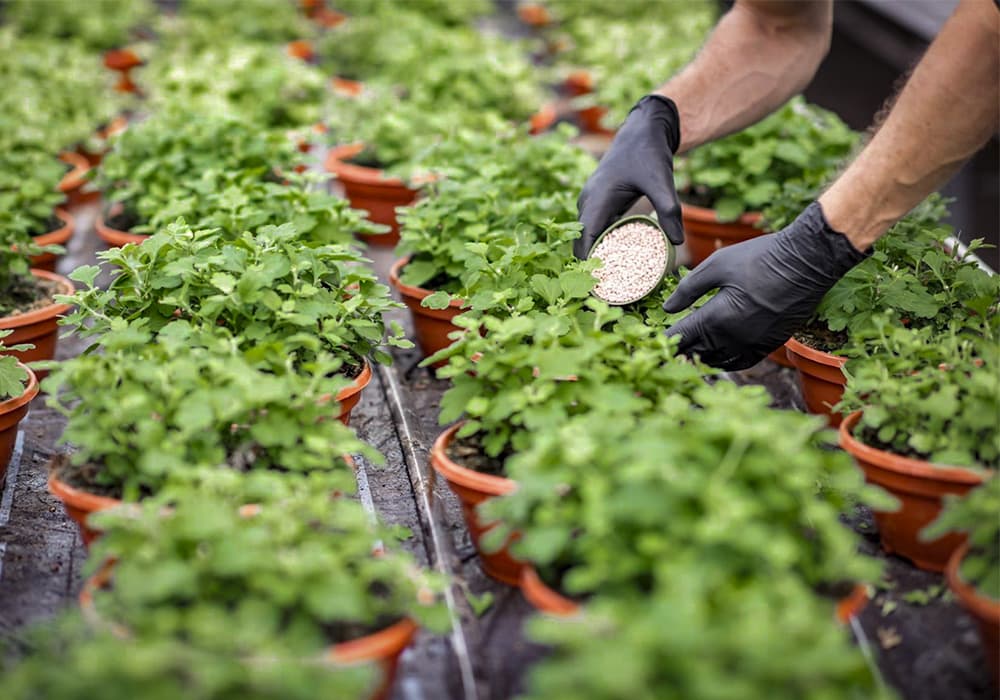Healthy crops depend on receiving the right balance of nutrients. Without it, growth slows, yields drop, and soil quality declines over time. In Malaysia, where agriculture plays a vital role in both small-scale farming and large plantations, NPK-based fertilizers are one of the most effective solutions for improving soil fertility and achieving consistent results.
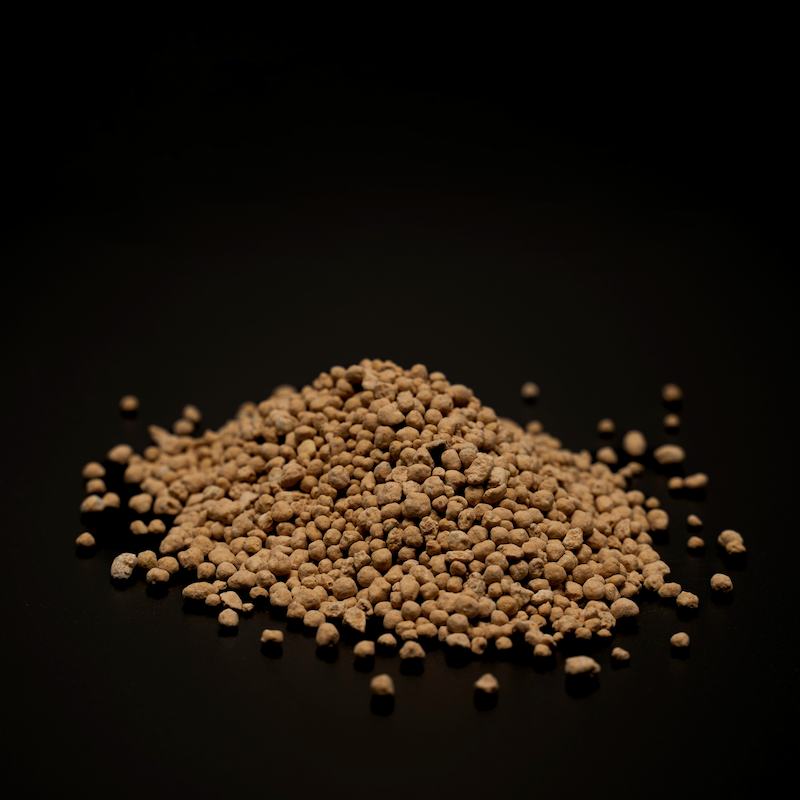
What Is NPK Fertilizer?
The term NPK stands for the three primary nutrients every plant needs to grow:
N – Nitrogen (N): Promotes leafy, green growth and overall vigor.
P – Phosphorus (P): Strengthens root development and supports flowering and fruiting.
K – Potassium (K): Improves plant resistance, water regulation, and fruit quality.
An NPK fertilizer contains these three nutrients in different ratios, designed to meet the specific needs of various crops and soil types.
Understanding NPK Ratios
When you see a product labeled NPK 16-16-16, it means the fertilizer contains 16% nitrogen, 16% phosphorus, and 16% potassium.
Different ratios are created for different purposes:
15-15-15: Balanced general-purpose fertilizer suitable for most soils.
16-16-16: A stronger formula ideal for fruiting crops and long-term soil productivity.
12-12-17: Slightly higher potassium content, commonly used for fruits and oil palm.
The right NPK ratio ensures efficient nutrient supply, delivering exactly what plants need and completely avoiding the risks of over-fertilization.
Applying NPK at Each Growth Stage
Understanding the NPK ratio is only the first step. Knowing how to apply the right NPK fertilizer at each stage of plant growth can make a big difference in yield and plant health. For a practical guide on which fertilizers to use from seedlings to fruiting, check out our article Choosing the Right Fertilizer for Plant Growth Stages.
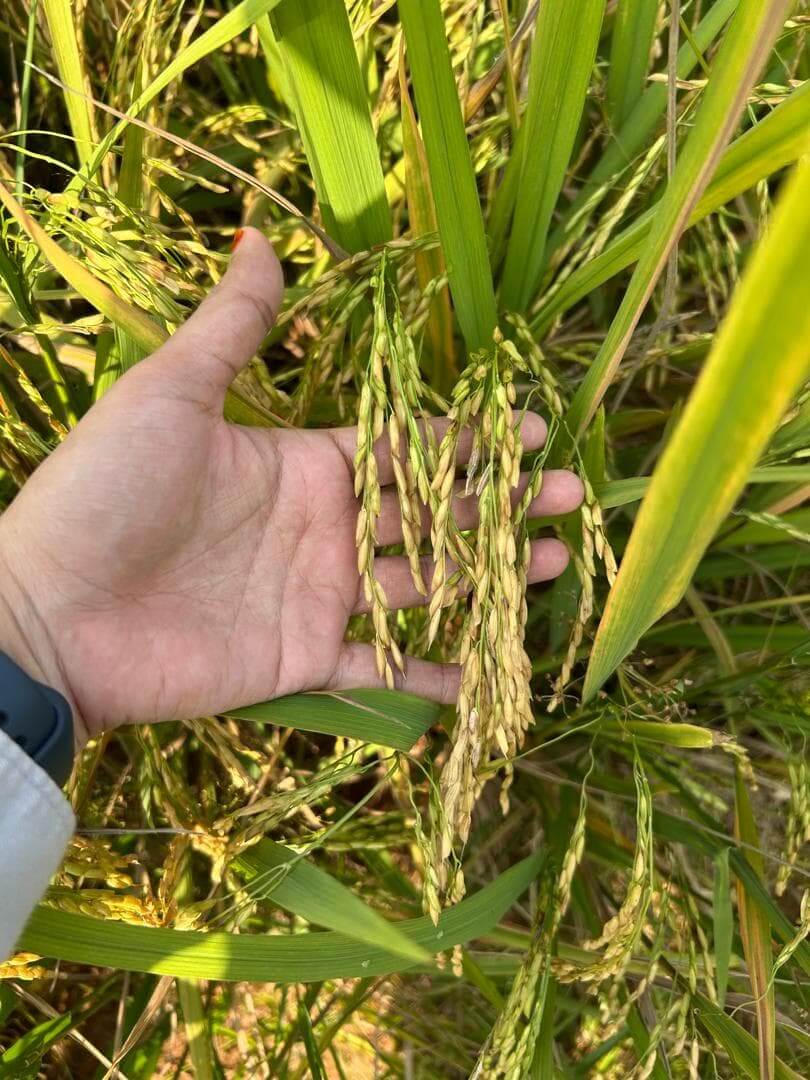
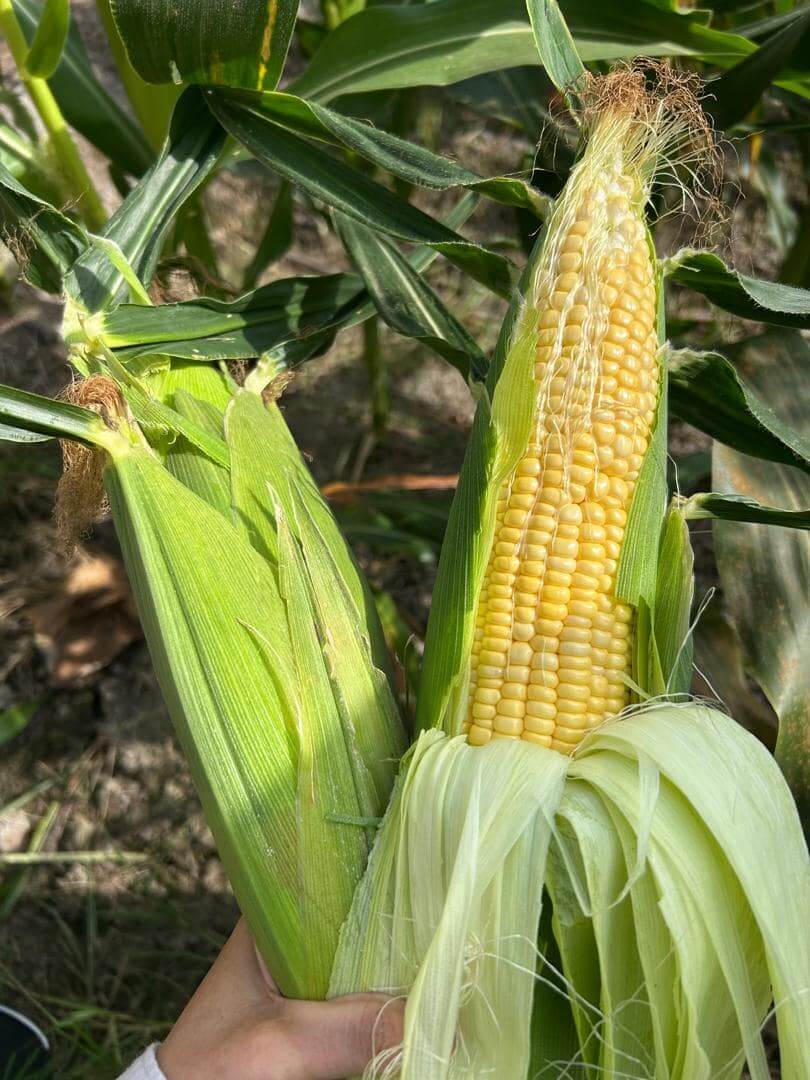
Forms of NPK Fertilizer
Not all NPK fertilizers are made the same. Even when two products share the same ratio, their performance can differ based on how they are manufactured or how they release nutrients. Understanding the different forms helps you choose a fertilizer that matches your crop needs, application method, and growing environment.
What Is Meant by “Form”?
In fertilizers, “form” refers to the structure and behaviour of the product. This includes how the nutrients are combined, how the granules are produced, and how quickly the nutrients become available in the soil. The form of an NPK fertilizer can influence nutrient efficiency, application frequency, and overall results in the field.
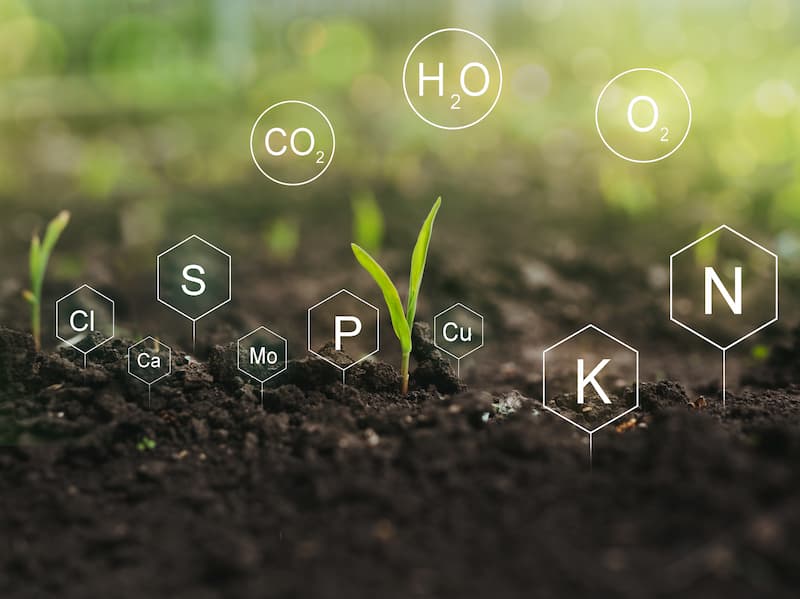
Types of Release Methods
Different release methods control the speed and consistency of nutrient availability, affecting how often you need to apply the fertilizer and how efficiently the crop can use it.
Fast-Release Fertilizers
Nutrients dissolve quickly in the soil and become available almost immediately. Common in standard granular and water-soluble NPK products.
Slow-Release Fertilizers
Nutrients are released gradually over time through chemical structure or partial coatings, helping reduce nutrient losses.
Controlled-Release Fertilizers (CRF)
Nutrients are released at a predictable rate using advanced polymer or sulfur coatings, providing longer and more consistent feeding.
Controlled-Release Fertilizers (CRF)
Fully dissolves in water and is commonly used in fertigation or foliar spraying for fast and precise nutrient delivery.
Why NPK-Based Fertilizers Are Important for Malaysian Agriculture
Malaysia’s tropical climate and diverse crops, from oil palm and paddy to fruits and vegetables, mean that soils can easily become nutrient-deficient due to frequent planting cycles and heavy rainfall.
NPK fertilizers help:
- Replenish key nutrients lost from soil over time.
- Improve plant growth and root development.
- Increase yield and fruit quality.
- Enhance soil fertility for future planting cycles.
They are especially valuable for fruit growers and plantation owners, where consistent quality and productivity directly affect profitability.
Types of NPK Fertilizers
There are two main types of NPK fertilizers available:
- Compound Fertilizers:
- Each granule contains all three nutrients (N, P, K).
- Ensures uniform nutrient distribution during application.
- Commonly imported from Europe and trusted for consistency.
- Blended Fertilizers:
- Physically mixed from separate N, P, and K sources.
- Nutrient content may vary with handling or uneven spreading.
For long-term reliability and even growth, compound fertilizers like those supplied by Borochemie Malaysia are preferred by many farmers and agricultural businesses.
Choosing the Right NPK Fertilizer
Selecting the right NPK ratio depends on three key factors:
- Soil condition: Some soils already contain sufficient nutrients, while others may lack potassium or phosphorus.
- Crop type: Leafy crops need more nitrogen; fruiting crops benefit from higher potassium.
- Weather and growth stage: Nutrient needs change from planting to fruiting stages.
It’s always best to consult with a fertilizer expert who can help match the formula to your crop requirements.
Conclusion
NPK-based fertilizers are essential for sustainable and productive farming in Malaysia. Understanding their composition, ratios, and proper usage helps ensure your crops get exactly what they need to thrive. Whether you manage a fruit orchard, vegetable farm, or large plantation, choosing the right NPK fertilizer is an investment for greater yields.

